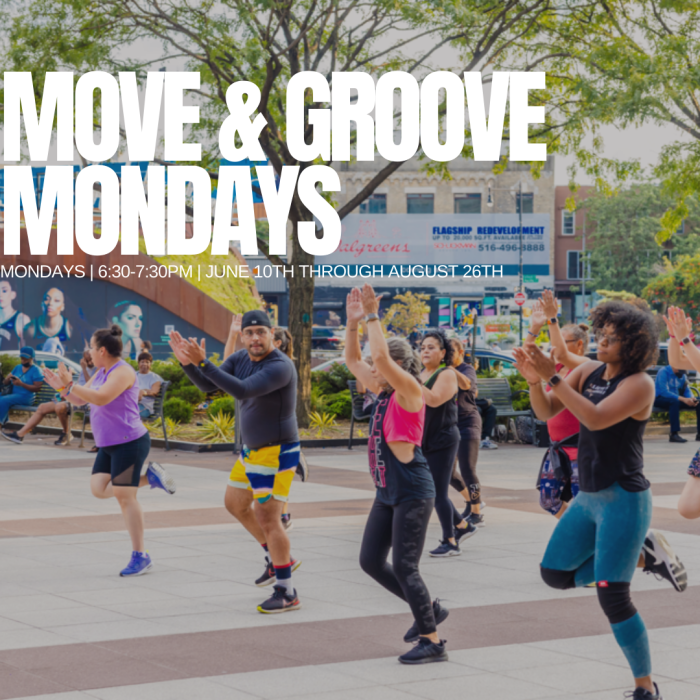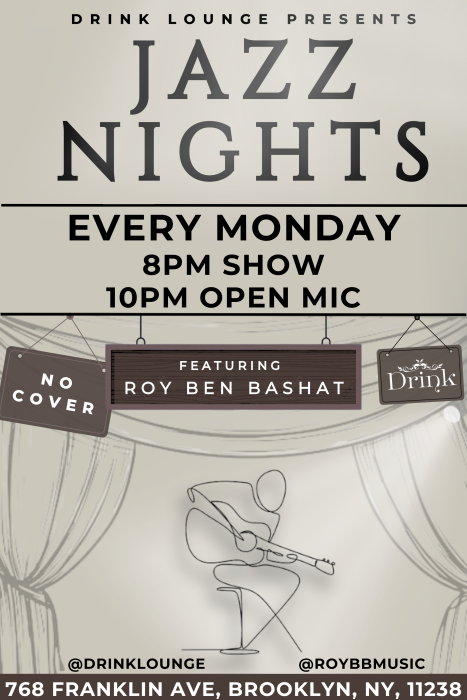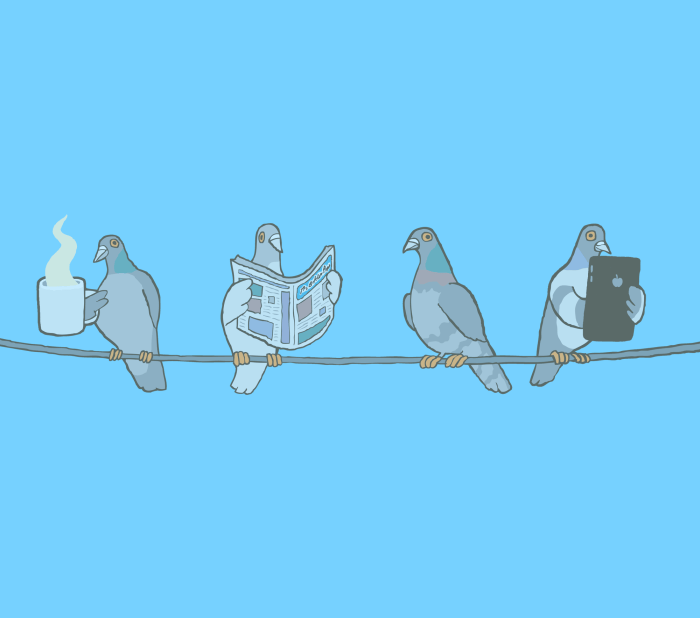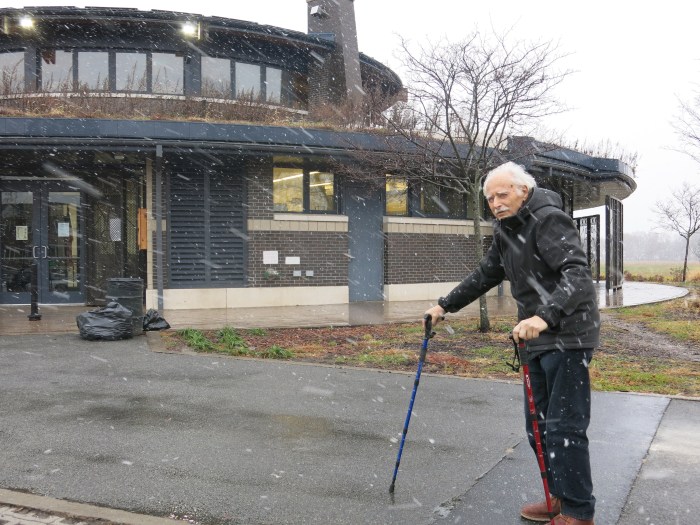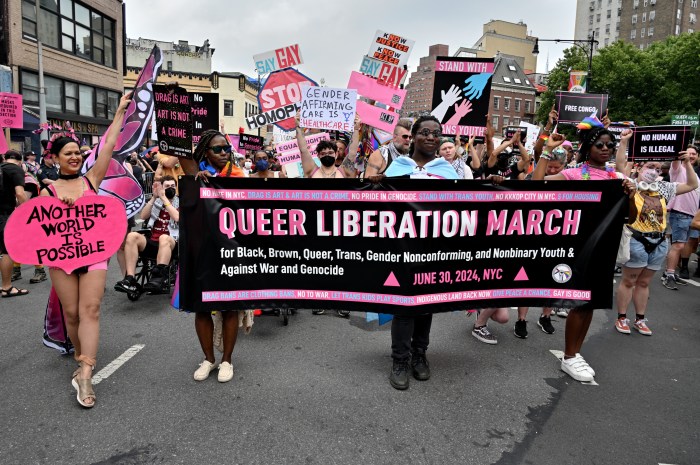Each year, The David Prize awards five New Yorkers working to make their city better with $200,000 to continue their important work. This year, a number of civic-minded Brooklynites have been chosen as finalists for the Prize — and now, all there is to do is wait for the five winners to be announced.
Among Brooklyn-based nominees is Chancey Fleet, founder of the Dimensions Project, one of the only free public labs for the creation of 3D tactile images, models and data representations in the world. The lab operates in Manhattan, at the Andrew Heiskell Braille and Talking Book Library, which provides materials for blind and visually impaired patrons.
“I wanted access to braille and tactile graphic representations of street maps that’d show how streets relate and how intersections are structured, art pieces and diagrams cause I do a lot of work with coding and electronics,” said Fleet, who identifies as blind. “Most [visually impaired] people aren’t aware of what they have been missing out on. They can make anything.”
Over 205,000 New Yorkers have a vision disability. At a national level, 70% of adults who are blind or have vision loss, are unemployed or only partially employed.
“A lot of blind and visually impaired people are somewhat hesitant to explore spaces on their own,” Fleet said. “And I think, in large part, that’s because there’s no accessible signage or finding it can feel like a chore. But they’d probably go if they had a map.”
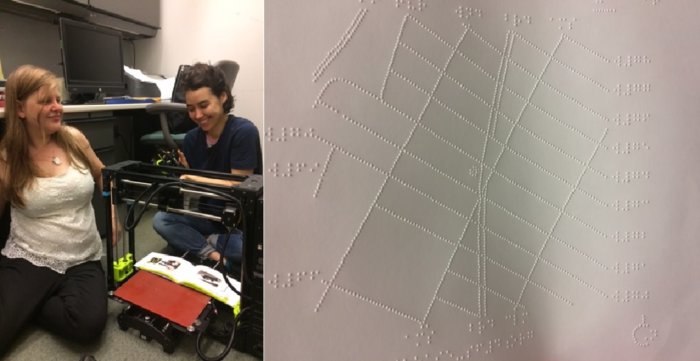
Fleet moved to New York because she knew she would benefit from the city’s public transportation system, but she says some heavily transited subway stations are difficult to navigate, such as Union Square and other spots.
“Think about the intersection at Madison Square Park or Columbus Circle,” she said. “You can talk about those intersections all day and it’s not going to be as powerful as touching and getting the bird’s eye view of how the intersections are set up so that you can cross with confidence.”
Fleet said the difficulties are not exclusive to Manhattan.
“I just printed a map for a friend that’s moving into Prospect-Lefferts Gardens and was having a tough time with our friend Flatbush Avenue,” she explained.
Dimension Project’s users have made restaurant menus, business cards, theater plays and more. Fleet has experimented with different representations of art and she believes the project could revolutionize people’s experience through NYC’s cultural scene.
“Pieces that are bold and use lot of white space tend to go really well,” she said. “One of my favorite artists I’ve discovered, that does really well in tactile graphic form is Keith Haring.”
Prints cost 20 cents a page, the same as the library’s regular prints, but for braille, the first 10 pages are free. No appointment is necessary for those who know how to use the equipment. First time users can schedule a visit with help from a technician within a week.
If picked as a winner of the David Prize, Fleet would use the funds to continue to map the city’s parks, subway stations and other public spaces.
“I really want to move the needle on what blind people can expect in terms of access to images,” she said.
The prize is named after David C. Walentas, the first billionaire estate developer to ever make his money almost entirely in Brooklyn, as reported by Forbes. After purchasing 2 million square feet of Dumbo in 1979, Walentas used his considerable and connections influence to force the city to broker an agreement to rezone the area — allowing the nabe to become the upscale destination it is today.
The David Prize, comes “with no strings attached” according to their statements. Brooklyn Paper is profiling each of the finalists from the borough before the winners are announced.






